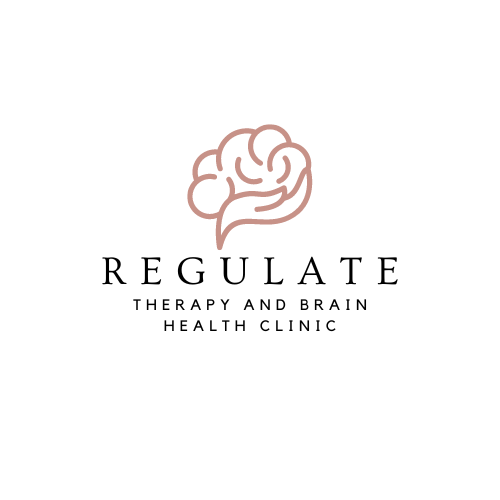Organization and our Mental Health
I remember getting my first caseload assignment as a social worker and realizing that many of the families that I was visiting were houses and properties that I passed by weekly, sometimes daily.
A lot of families struggle to keep their homes clean and organized. “Denial of critical care” or neglect, is the most common type of case managed by the Department of Human Services; and many of those homes are simply dirty. Cigarette butts in reaching distance of curious toddlers, a palpable and overwhelming smell of animal urine, month old pizza boxes, things that should be in the fridge left out week after week, and narrow walking paths bordered with stuff to the ceiling.
I was like, “hmmm, somehow my house was magically clean when I woke up every morning. My uniform washed, no dishes in the sink, and everything was well…clean
Thanks mom 😊
I thought that my cleaning fairy would follow me forever.
In college I had a few annoyed roommates when I didn’t put my crap away and my husband currently thinks the state of my bathroom counter is abysmal.
But still, it’s still pretty picked up…usually.
Have you ever read, “If You Give a Pig a Pancake?” Or, “If You Give a Mouse a Muffin?” You know how she walks around and every turn she is reminded of something so grabs something else, does something else, and then finally comes back around to where she needs to be? Yesterday I started de-cluttering our kitchen window and grabbed two small dying plants my kids brought home from Bible School and took them outside, decided to plant them in a bigger pot, then saw how dirty the patio was and blew that off, then I saw some shoes by the trampoline so grabbed them and walked them to the house.
What the heck was I doing again?
Staxbe and Repetti (2009) studied dual income, middle class parents and found that women who described their homes to be cluttered had higher cortisol (stress) levels and depressed mood later in the day, and women who used words to describe their home to be more “restorative” had lower depression scores and more healthy patterns of cortisol changes throughout their day. They even controlled for marital satisfaction and neuroticism (wise controls).
Organization is a skill that can be developed and it’s closely related to the pre-frontal cortex (our thinking, “upstairs” brain). This part of the brain allows us to regulate our emotions, organize, and use language to name. Last week I was helping my kids pick up the basement after being inspired by an old episode of “Supernanny” (bless her heart). I said, “every toy that you pick up should have a home, if it doesn’t have a home, we’ll see if we need to make one, otherwise we’ll give it away or throw it away.”
I was impressed by how intentionally they picked up each toy and thought about where it belonged. I could tell they felt proud and happier when it was cleaned up too. We still have some toys to get rid of and/or organize but we’re trying.
Addressing unresolved trauma will help us calm the downstairs brain and nervous system. We also can do activities that help grow and strengthen our “thinking brain.” Things like word and memory games, puzzles, and learning new skills are helpful. A strong pre-frontal cortex helps us regulate, name, and manage strong feelings of anxiety and sadness, (emotions that are situated in the bottom part of the brain). When our “upstairs brain” is communicating with our “downstairs brain,” we call this integration.
What do you do to stay organized in your home and in your mind? Hopefully we can teach our kids to do this too.

